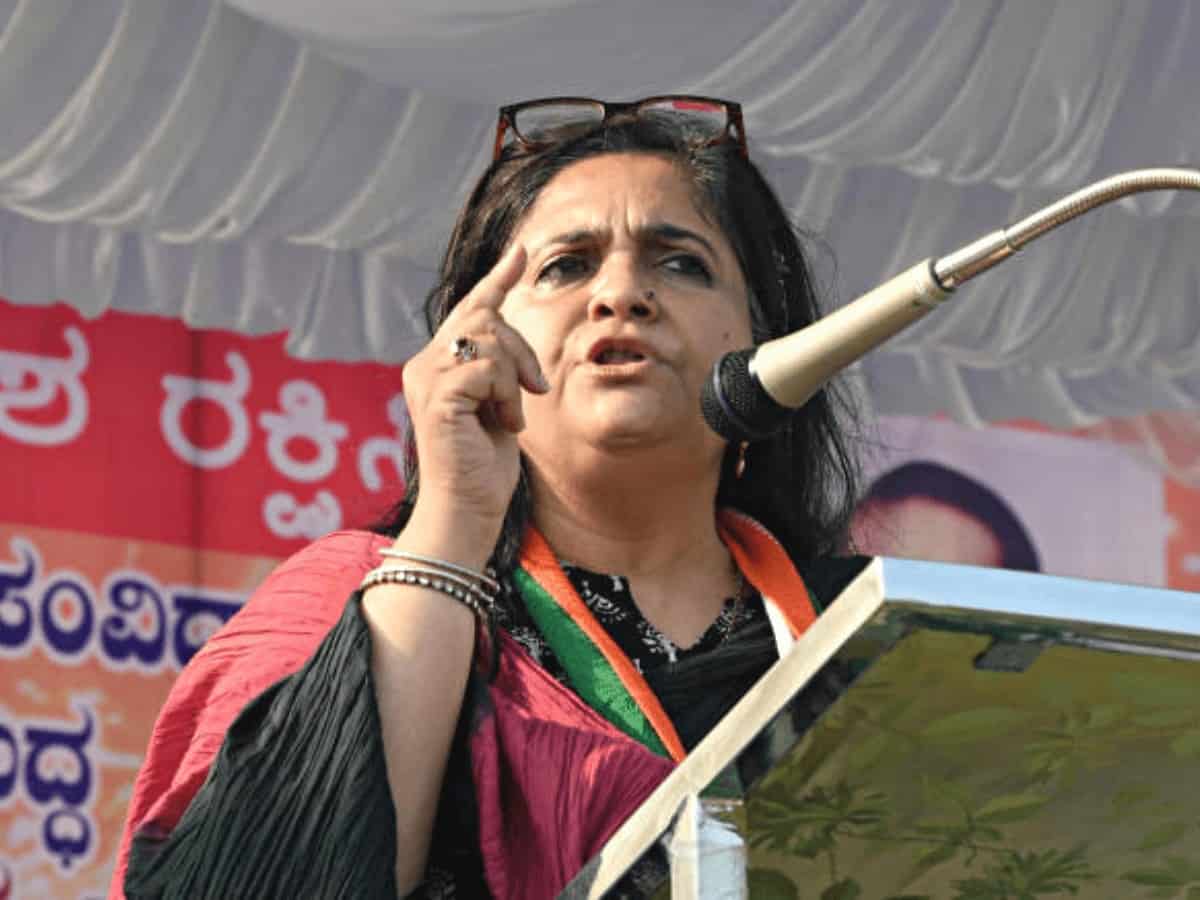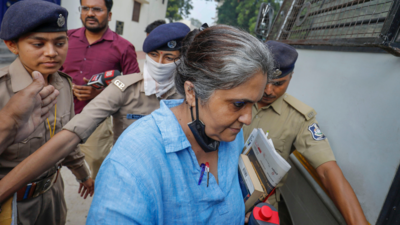Activist Teesta Setalvad, who was previously arrested by the Gujarat Police for allegedly fabricating evidence related to the 2002 Gujarat riots, is now facing imprisonment once again.

source: Siasat.com
According to the charge sheet, Setalvad is accused of arranging a conspiracy to fabricate false evidence and implicate Narendra Modi, BJP leaders, and state government officials. The allegations suggest that Setalvad was involved in the creation of a false case through the use of fabricated evidence. Until this point, she had been shielded from arrest due to the interim bail granted by the Supreme Court in September 2022 after her initial arrest. On Saturday, Setalvad’s regular bail application was denied by the Gujarat High Court; she was ordered to surrender without delay.
Full story

source: The Wire
On June 25, 2022, Teesta Setalvad, along with former IPS officer R B Sreekumar, was arrested. This arrest occurred just one day after the Supreme Court dismissed a plea challenging the discharge of Chief Minister Narendra Modi and others about the conspiracy allegations surrounding the 2002 Gujarat riots.
The Supreme Court, in its ruling, expressed skepticism about the motives behind the proceedings initiated by Zakia Jafri, whose husband Ehsan Jafri was a victim of the riots. The court suggested that these proceedings were driven by ulterior motives to “keep the pot boiling” and emphasized that those engaging in such an abuse of the legal process should be held accountable.
The case:

source: Times of India
An ongoing legal battle between social activist Teesta Setalvad and the Gujarat government over charges of fabricating evidence and embezzling funds related to the 2002 riots. Setalvad is a founding trustee of Citizens for Justice and Peace, an NGO that provides legal assistance to riot victims and pursues cases against the accused. She has been accused of trying to implicate Modi and other BJP leaders in the riots by creating false witnesses and documents. She has also been accused of misusing donations meant for a memorial for the riot victims. Setalvad has denied the charges and claimed that she is being targeted for her work.
One of the primary objectives of CJP is to offer legal aid to the victims affected by the riots. Setalvad played a pivotal role as one of the first activists to advocate for the rights of the riot victims. Her relentless efforts in highlighting their plight eventually led to a significant outcome.
Six years after the riots, the Supreme Court heeded her calls and established a Special Investigation Team to investigate the violence that occurred during the Gujarat riots. Setalvad’s dedication and commitment to seeking justice for the victims have cemented her position as a prominent figure in the fight for human rights and social justice in India.



















































































